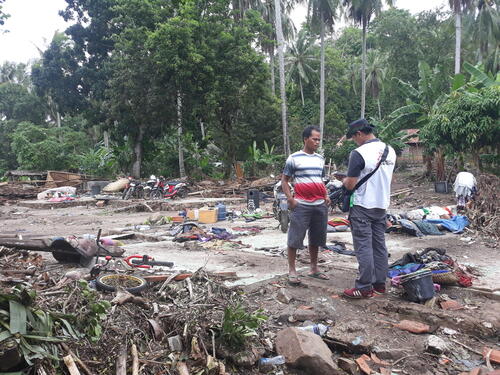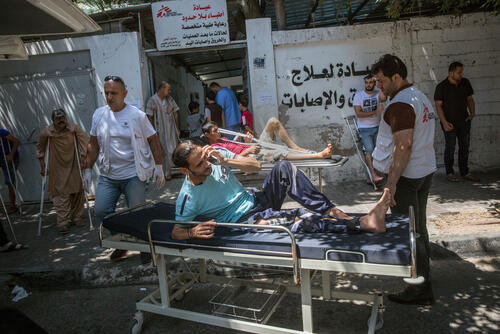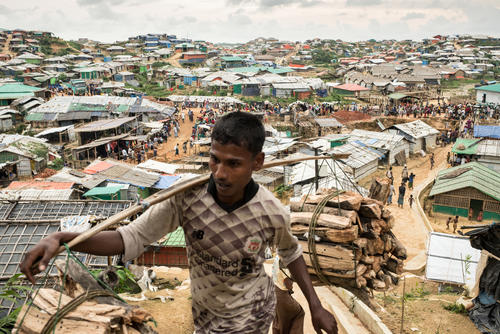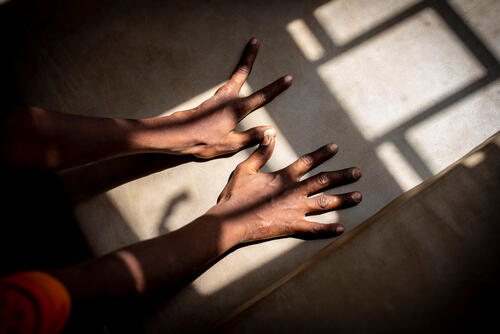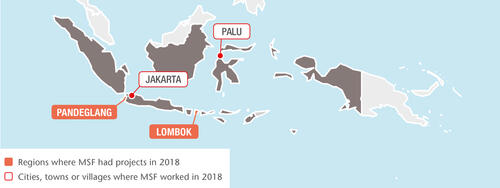
2,520
2,52
We opened a new programme to improve access to healthcare services for adolescents in Pandeglang, in Indonesia's Banten province, in February. Our team worked with community health practitioners, trained and supported health centre staff, provided specialised maternity services, and followed up on individual cases. We also developed activities to disseminate information on adolescent health services through schools, at public events and at an MSF youth education centre.
In Jakarta, we supported the Ministry of Health’s health screening programme and the development of adolescent reproductive health guidelines for the Thousand Islands archipelago, which lies off the north coast.
In April, we ran a series of training sessions, workshops and hospital visits to address methanol poisoning, a nationwide issue in Indonesia. We also supported local doctors with specific guidelines on managing treatment.
Emergency response
Indonesia was hit by a series of natural disasters in 2018: earthquakes in Lombok island in July and August; an earthquake, followed by a tsunami and liquefaction in Palu, Sulawesi, in September; and the eruption of Krakatoa, which caused a tsunami along the Sunda Strait, in December.
In Lombok and Palu, we sent emergency teams comprising medical, mental healthcare and water and sanitation experts to support the national response. Pandeglang was the area of Sunda Strait most affected by the tsunami.
As this was the site of our new adolescent healthcare project, the team there was able to provide immediate and sustained support to the local response, focusing on primary healthcare, mental health support and hygiene for displaced people.



